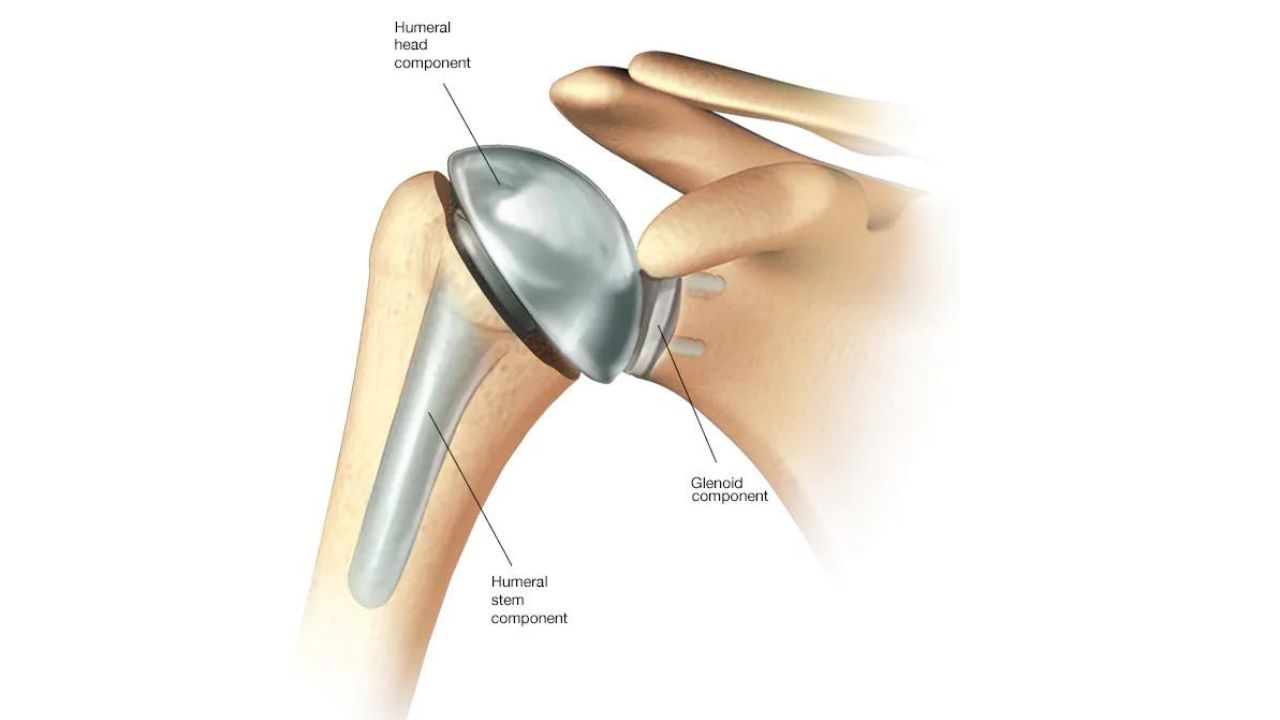Total Shoulder Replacement Surgery: An Overview
What is Shoulder Replacement?
Total shoulder replacement, also known as shoulder arthroplasty, replaces damaged parts of the shoulder joint with artificial prostheses. This surgery aims to relieve pain, improve shoulder function, and restore mobility.
Candidates for Shoulder Replacement
Patients with severe shoulder arthritis, especially osteoarthritis and rheumatoid arthritis, often need this surgery. Those with severe shoulder injuries or fractures that haven’t healed properly might also be candidates. When conservative treatments like medication and physical therapy fail, a total shoulder replacement may be the best solution.
Procedure
Surgeons perform the procedure under general anesthesia. They make an incision in the front of the shoulder to access the joint. They then remove the damaged joint components and replace them with prosthetic parts. This includes a new plastic socket and a metal ball with a stem. The ball fits into the new socket, and the stem secures into the upper arm bone. The prosthesis may be secured with bone cement, depending on the bone quality and the condition of the rotator cuff tendons. Finally, the incision is closed with sutures or clips.
Recovery
After surgery, patients stay in the hospital for about three days. They use a sling to keep the arm immobilized while starting mobility exercises with a physical therapist. Recovery varies but generally takes 6 to 12 months. The therapist helps with returning to daily activities, work, and exercise.
Risks
Total shoulder replacement involves risks such as infection, bleeding, prosthetic device loosening, and injury to blood vessels or nerves. Dislocation, chronic pain, and changes in arm length can also occur. Discuss these risks with your surgeon to understand the potential outcomes and prepare for recovery.





